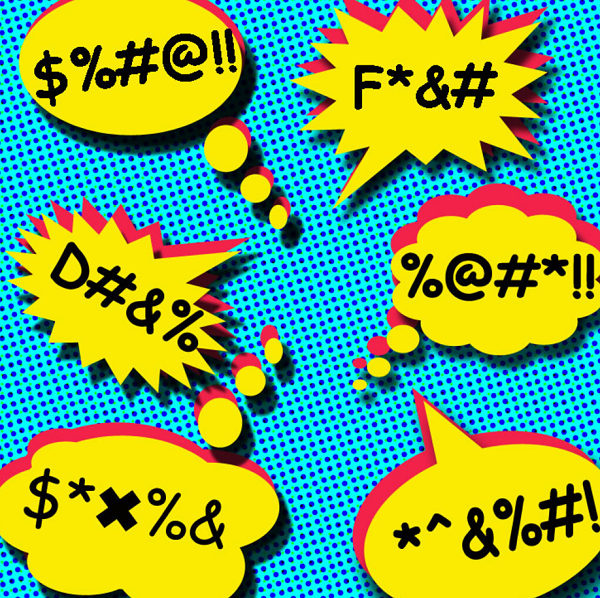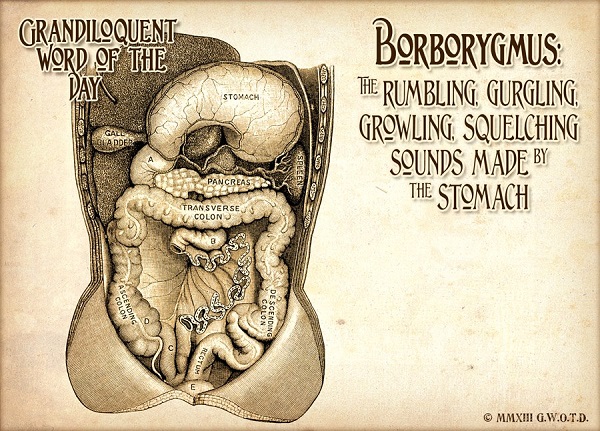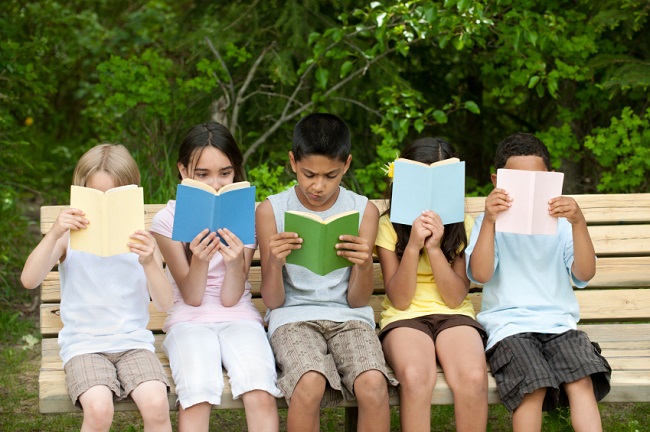I work as a tutor with students of all ages, and it amazes me how reliant many of my students are on spell checker and auto correct. I’m even guilty of referring my students to Google to look up a word, quicker than I would refer them to a Dictionary. Google is nearly instantaneous and students who don’t even have any inkling about how to spell a word can almost always still get their answer from Google. However, Dictionaries can play an important role in young students’ lives.

Source: Engadget
Kory Stamper, Dictionary writer and author of Word by Word: The Secret Life of Dictionaries, reminded me about the joy of wandering through that big old book. She says, “There are secret gems which make English sparkle, but you won’t find them in an online resource unless you know to go looking for them.”
She’s right. Even the online Thesaurus can only offer so much, but a lazy stroll through the pages of the Dictionary can point us to silly words like “codswallop,” which means nonsense, or whimsical words like “cattywampus,” which means in disarray.
The joy of the dictionary is a little hard to sell, though, especially to children who might have an app on their phone to look up words. You might try looking up some words yourself, and sharing the “gems” that you find as you go. Let your child or student giggle over words like “borborygmus,” which means the sound of intestinal gas.
If the child needs a little extra push to make dictionaries fun, you might try making it a game. Pick a word and then see who can find it in the dictionary the fastest. Or, maybe send the student on a scavenger hunt through the dictionary. Task them with finding words that mean “scary” (you might also use a thesaurus for that one) or have them find as many funny sounding words as they can.
The best opportunity that arises from looking through the dictionary, though, is discussion! To incite interesting conversation, don’t steer your children or students away from the curse words. Let them explore, find the “dirty” words, and have a discussion. Haven’t we all, at some point in our life, wondered why curse words are “bad” words? Entertain the idea for a while; see what theories you and your child can uncover.

Source: Real Life
Stamper says that dictionaries show us how “words of all kinds have a place in our lives.” While dictionaries might not be as expedient at looking up words on the web, they are a great resource for leisurely learning and exploration.
YouTube Channel: Vox
Featured image via Books Live
h/t Brightly




